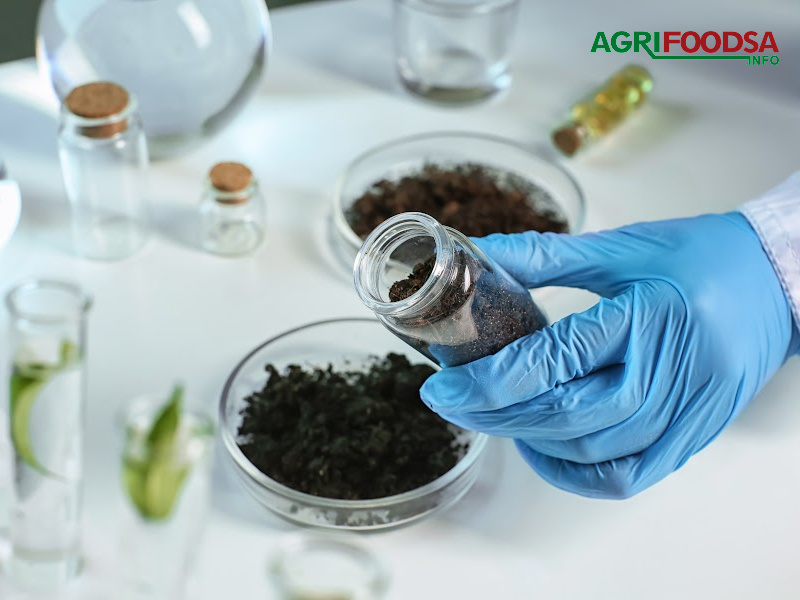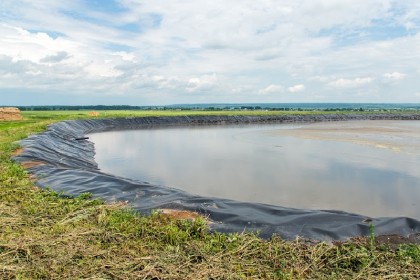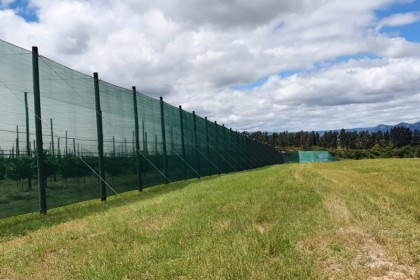
The Role of Soil Analysis in Modern Farming
06 Feb 2024
Brief overview of the importance of soil in agriculture. Introduction to the concept of soil analysis. Significance of soil health for sustainable and productive farming.
Understanding Soil Analysis
- Definition of soil analysis.
- Explanation of the parameters analysed in soil testing (pH, nutrient levels, organic matter, texture).
- Importance of comprehensive soil testing for informed decision-making.
Nutrient Management
- The role of soil analysis in assessing nutrient levels.
- Customizing fertilizer applications based on soil nutrient content.
- Avoiding over-fertilization and minimizing environmental impact.
pH Levels and Soil Acidity
- Importance of soil pH in nutrient availability.
- Adjusting soil pH for optimal crop growth.
- Addressing issues related to soil acidity through lime application.
Organic Matter Content
- Understanding the role of organic matter in soil fertility.
- Using soil analysis to assess and improve organic matter content.
- Impact of organic matter on soil structure and water retention.
Texture and Water Retention
- Analyzing soil texture for water management.
- Improving water retention through soil amendments.
- Soil analysis's role in irrigation planning and water conservation.
Soil Health and Microbial Activity
- Assessing microbial communities through soil analysis.
- Connection between soil health and plant disease resistance.
- Enhancing soil biological activity for sustainable farming.
Precision Agriculture and Technology
- Integration of soil analysis with precision agriculture technologies.
- Use of sensors and digital tools for real-time monitoring.
- Data-driven decision-making for optimized resource use.
Economic Benefits for Farmers
- Cost-effectiveness of targeted nutrient applications.
- Avoiding unnecessary inputs through tailored soil management.
- Long-term financial gains through improved crop yields.
Environmental Impact and Sustainability
- Reducing nutrient runoff and environmental pollution.
- Sustainable farming practices promoted by soil analysis.
- Contributions to long-term soil conservation and biodiversity.
Adoption Challenges and Solutions
- Barriers to widespread adoption of soil analysis.
- Education and outreach initiatives to promote awareness.
- Government and industry support for soil testing programs.
Future Trends in Soil Analysis
- Emerging technologies in soil analysis.
- Potential advancements and their implications for farming.
- The role of soil analysis in addressing future agricultural challenges.
Remember to consult the latest research and local agricultural experts for the most accurate and region-specific information when conducting your soil analysis
For other agricultural products and services, click here.
Popular Posts
02 May 2023
10 Apr 2023
05 Dec 2022
Archived Posts
2024 (1)
April (8)
March (10)
February (12)
January (7)
2023 (1)
December (13)
November (13)
October (11)
September (15)
August (18)
July (14)
June (20)
May (22)
April (13)
March (23)
February (18)
January (13)
2022 (1)
December (16)
November (12)
October (16)
September (9)
August (25)
July (20)
June (15)
May (18)
April (13)
March (16)
February (14)
January (12)
2021 (1)
December (13)
November (9)
October (18)
September (22)
August (13)
July (13)
June (13)
May (14)
April (11)
March (13)
February (8)
January (9)
2020 (1)
December (9)
November (1)
October (9)
September (11)
August (9)
July (7)
June (15)
May (21)
April (21)
March (13)
February (10)
January (10)
2019 (1)
December (10)
November (10)
October (13)
September (6)
August (5)
June (4)
May (5)
April (4)
March (4)
February (4)
2018 (1)
December (2)
November (5)
October (4)
September (4)
August (6)
July (4)
June (4)
May (5)
April (4)
March (5)
February (4)
2017 (1)
December (4)
November (5)
October (4)
September (4)
August (5)
July (4)
June (4)
May (4)
April (2)
Fertasa












